Reasons and Signs to Repipe the Water Lines
If a household’s water lines are outdated and experiencing persistent leaks or corrosion, or homeowners notice signs of these issues, it’s likely time for repiping. This post will explore common reasons why repiping may be necessary, the signs that indicate these reasons to repipe, and the benefits of repiping water lines.
 Persistent Leaks
Persistent Leaks
When the home’s water lines are old and experience water leaks, it could be time to repipe them instead of having to fix leaks often. Leaks can cause many problems for homeowners and a household, including high water bills, water damage, mold growth, and other problems, so it’s crucial to have them fixed quickly. Some common signs of water line leaks include:
- Increased water bills
- Wet spots or puddles inside or outside
- Reduced water pressure from the home’s fixtures
- Water-stained or damaged ceilings, walls, or floors
- Mold and mildew growth
- Running water sounds
Corroded Pipes
Corrosion causes the deterioration of materials over time, usually metal, and is a problem that affects older piping. When the water lines become corroded, it signals repiping is needed because it can lead to more frequent water leaks and clogs due to the line becoming weakened and rust building up to reduce the water flow. Some common signs of a corroded water line include:
- Water comes out of the pipes discolored
- The water has a strange metallic taste
- The water has an unusual metallic smell
- Water leaks occur
- More frequent clogs
 Advantages of Repiping
Advantages of Repiping
Repiping is a big project that most homeowners don’t look forward to. However, when it is necessary, repiping the water lines can be beneficial. Repiping reduces the risk of future problems with water lines, such as leaks and clogs, reducing future repair costs and water damage. Additionally, repiping will eliminate any leaks, reducing water bills.
Another benefit of repiping the water lines is restoring good water pressure to the home’s plumbing fixtures by solving the water pressure issues caused by leaks and corrosion in old piping. Additionally, replacing old, damaged water lines with new, durable ones can increase a home’s value if homeowners are considering selling their homes.
About Sewer Surgeons
Sewer Surgeons has more than three decades of experience serving the Chatham area. They offer flat-rate pricing, honest recommendations, and financing options. Call them for repiping services in Chatham, NJ.
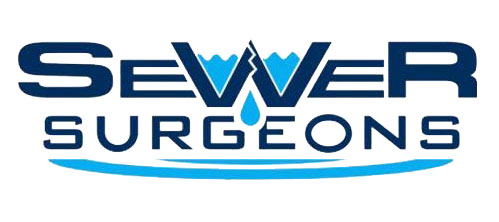

 Persistent Leaks
Persistent Leaks  Advantages of Repiping
Advantages of Repiping 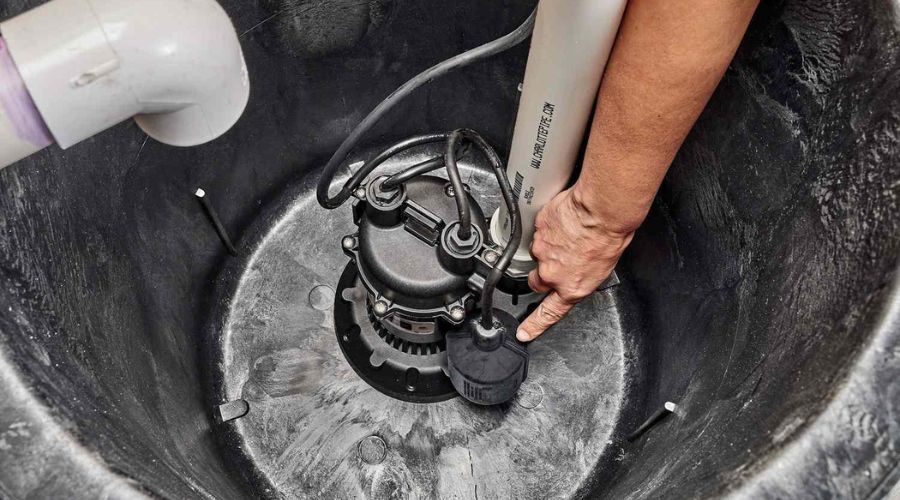
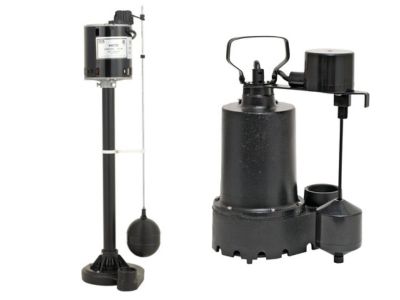 There are two main types of
There are two main types of 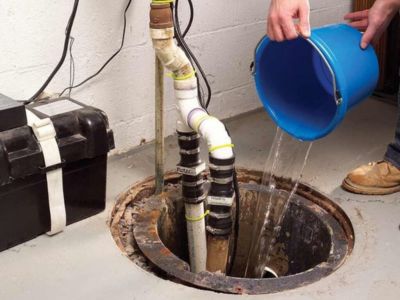 Because a sump pump is meant to protect homes from the threat of flooding and all the damages this brings, it is of the utmost importance to ensure that the pump is functioning properly so it is prepared whenever needed. The best way to do this is to schedule routine sump pump maintenance. However, homeowners should also test their sump pumps regularly.
Because a sump pump is meant to protect homes from the threat of flooding and all the damages this brings, it is of the utmost importance to ensure that the pump is functioning properly so it is prepared whenever needed. The best way to do this is to schedule routine sump pump maintenance. However, homeowners should also test their sump pumps regularly. 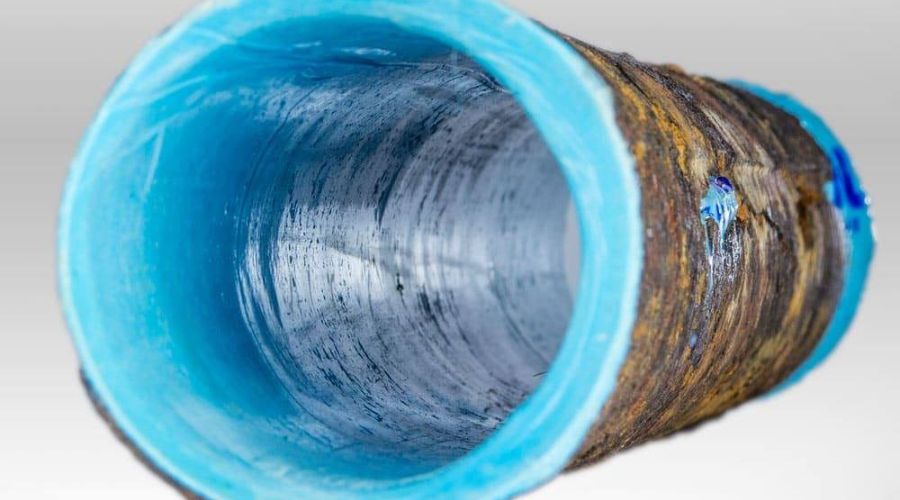
 Trenchless pipe lining is a non-invasive
Trenchless pipe lining is a non-invasive 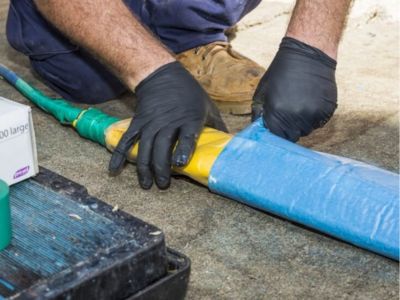 Trenchless pipe lining has many advantages when used to repair sewer lines, including:
Trenchless pipe lining has many advantages when used to repair sewer lines, including: 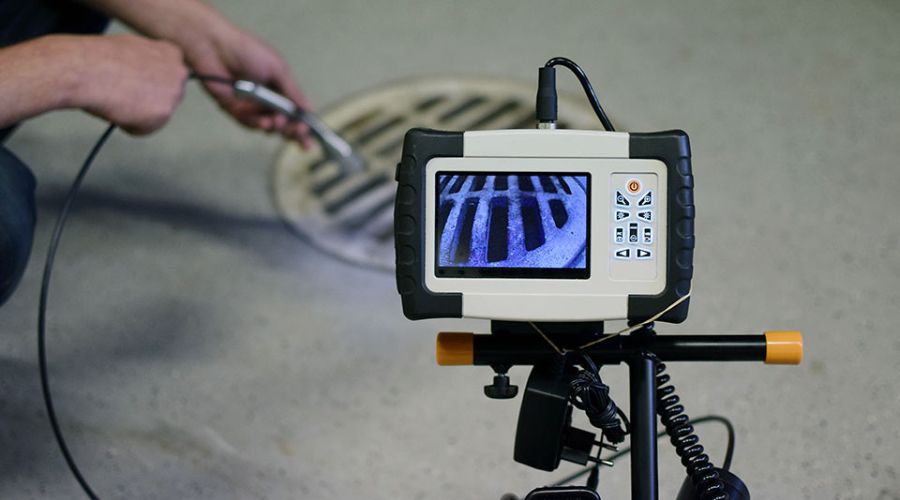

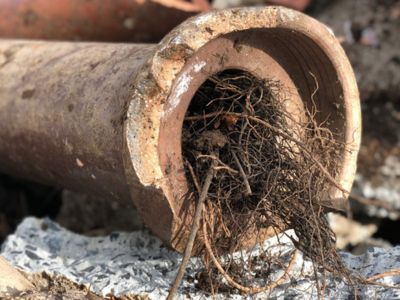 Sewer video inspection has several advantages. One significant benefit of sewer video inspection is that it is non-invasive. Before this technology was adopted, people often had to dig exploratory holes or trenches to find the problem with and fix sewer lines. However, with sewer camera inspection, sewer experts can diagnose and pinpoint issues without excavation. If the inspection reveals that the issue can be resolved with trenchless sewer line repair or drain cleaning, homeowners can also avoid excavation for the repair, which saves both time and money!
Sewer video inspection has several advantages. One significant benefit of sewer video inspection is that it is non-invasive. Before this technology was adopted, people often had to dig exploratory holes or trenches to find the problem with and fix sewer lines. However, with sewer camera inspection, sewer experts can diagnose and pinpoint issues without excavation. If the inspection reveals that the issue can be resolved with trenchless sewer line repair or drain cleaning, homeowners can also avoid excavation for the repair, which saves both time and money!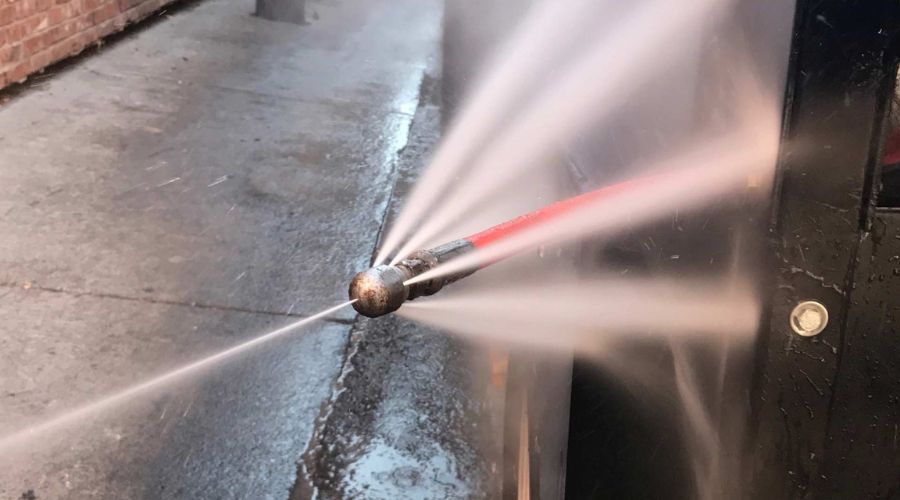
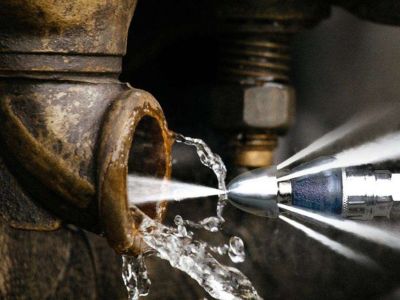 Over time, pipes can become clogged with debris, grease, hair, and other substances, leading to blockages and reduced water flow.
Over time, pipes can become clogged with debris, grease, hair, and other substances, leading to blockages and reduced water flow.  The signs that hydro jetting is necessary are the same as signs of
The signs that hydro jetting is necessary are the same as signs of 